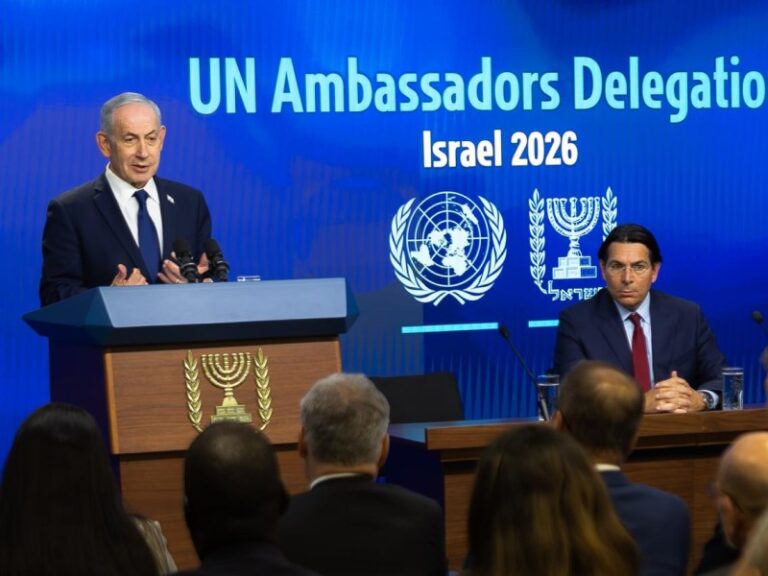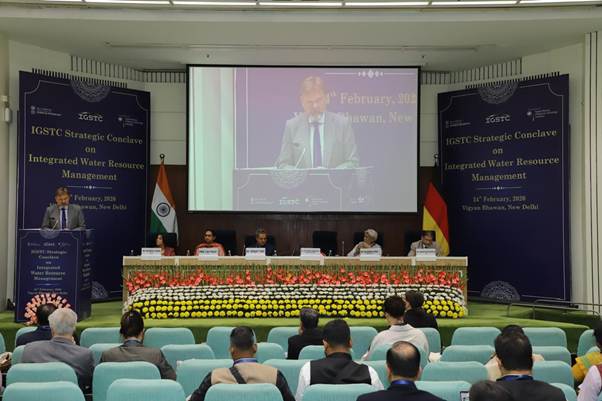
Taipei: Stating that Beijing never abandoned its ambitions toward Taiwan, Taiwan’s President Tsai Ing-wen warned that if Taiwan were to fall, the consequences would be catastrophic for regional peace and the democratic alliance system.
“It would signal that in today’s global contest of values, authoritarianism has the upper hand over democracy,” Ing-wen wrote in an article “Taiwan and the Fight for Democracy—A Force for Good in the Changing International Order” at the invitation of Foreign Affairs magazine, which published the essay in its November-December 2021 issue.
Ing-wen stated that Taiwan does not seek military confrontation. It hopes for peaceful, stable, predictable, and mutually beneficial coexistence with its neighbors. But if its democracy and way of life are threatened, Taiwan will do whatever it takes to defend itself.
“The story of Taiwan is one of resilience—of a country upholding democratic, progressive values while facing a constant challenge to its existence…Yet the story of Taiwan is not only about the maintenance of our own democratic way of life. It is also about the strength and sense of responsibility Taiwan brings to efforts to safeguard the stability of the region and the world,” she wrote. She went on to state: “Taiwan’s refusal to give up, its persistent embrace of democracy, and its commitment to act as a responsible stakeholder (even when its exclusion from international institutions has made that difficult) are now spurring the rest of the world to reassess its value as a liberal democracy on the frontlines of a new clash of ideologies. As countries increasingly recognize the threat that the Chinese Communist Party poses, they should understand the value of working with Taiwan,” she wrote.
According to an official press release issued today, the Taiwanese President, in the said article shared the ‘Taiwan Model’, which is “built on our embrace of democracy, emphasizing that despite difficult global circumstances, Taiwan has never shied away from challenges, and stands ready to be a global force for good, with a role on the international stage commensurate with our abilities”.
Ing-wen pointed out that since 2020, China’s People’s Liberation Army aircraft and vessels markedly increased their activity in the Taiwan Strait, with almost daily intrusions into Taiwan’s southern air defense identification zone, as well as occasional crossings of the tacit median line between the island and the Chinese mainland (which runs along the middle of the strait, from the north- east near Japan’s outlying islands to the southwest near Hong Kong).
Despite these worrying developments, the people of Taiwan have made clear to the entire world that democracy is nonnegotiable, she wrote.
“Amid almost daily intrusions by the People’s Liberation Army, our position on cross-strait relations remains constant: Taiwan will not bend to pressure, but nor will it turn adventurist, even when it accumulates support from the international community,” she stated.
She asserted that the maintenance of regional security will remain a significant part of Taiwan’s overall government policy. “Yet we will also continue to express our openness to dialogue with Beijing, as the current administration has repeatedly done since 2016, as long as this dialogue proceeds in a spirit of equality and without political preconditions,” she said.
Taiwan has of late launched a series of initiatives to modernize and reorganize its military, in order to be better prepared for both present and future challenges. In addition to investments in traditional platforms such as combat aircraft, Taiwan has made hefty investments in asymmetric capabilities, including mobile land-based anti-ship cruise missiles.
“We will launch the All-out Defense Mobilization Agency in 2022, a military reform intended to ensure that a well-trained and well-equipped reserve force stands as a more reliable backup for the regular military forces,” Ing-wen said. She added that Taiwan’s efforts to contribute to regional security do not end there. “We are fully committed to collaborating with our neighbors to prevent armed conflict in the East China and South China Seas, as well as in the Taiwan Strait. Taiwan lies along the first island chain, running from Northern Japan to Borneo; should this line be broken by force, the consequences would disrupt international trade and destabilize the entire western Pacific,” she wrote.
Accroding to Ing-wen, the threat posed by authoritarian regimes has served as an important wake-up call for democracies, spurring them to emerge from their complacency. “Although extraordinary challenges remain, democracies around the world are now working to safeguard their values and renew their ossified institutions. Alliances are being rekindled to serve the interests of the international community,” she wrote and asserted that although Taiwan was small in terms of territory, it had proved that it could have a large global presence. “It has persevered in the face of existential threats and made itself an indispensable actor in the Indo-Pacific. And through it all, the Taiwanese commitment to democracy has never been stronger: the people of Taiwan know that democracy is the lasting path and the only game in town,” she added.
– global bihari bureau





